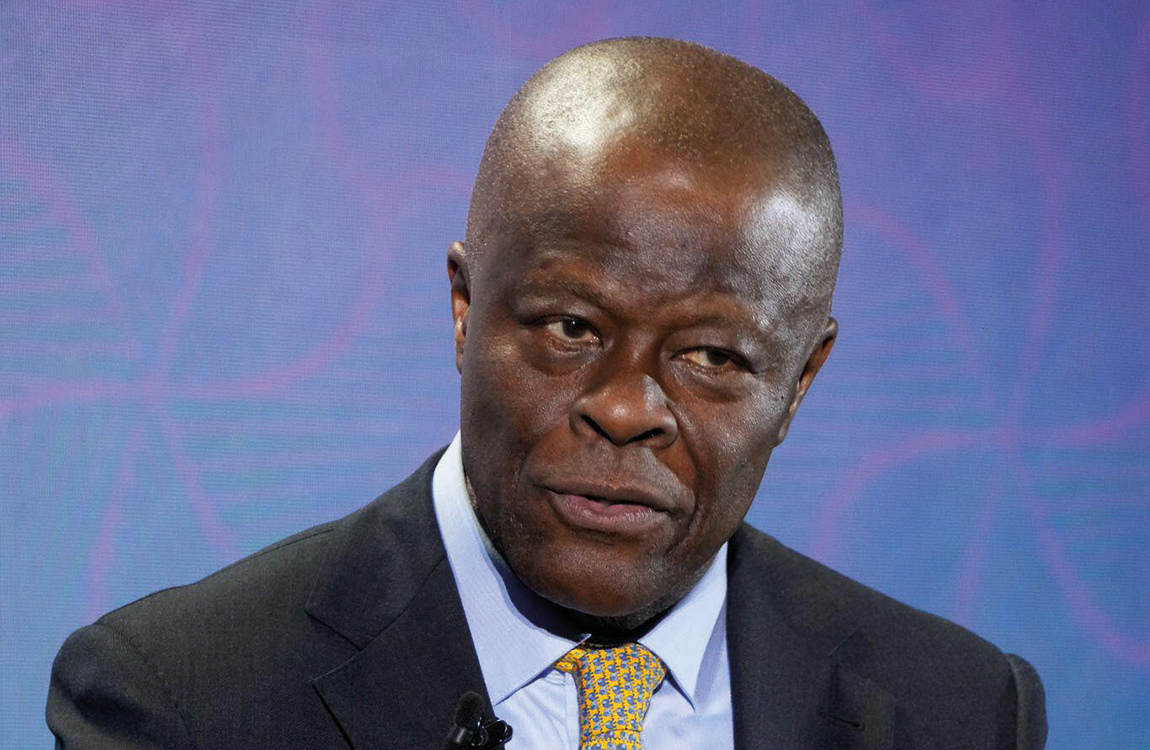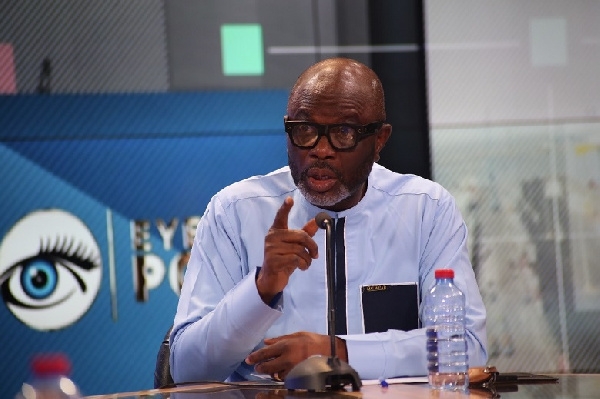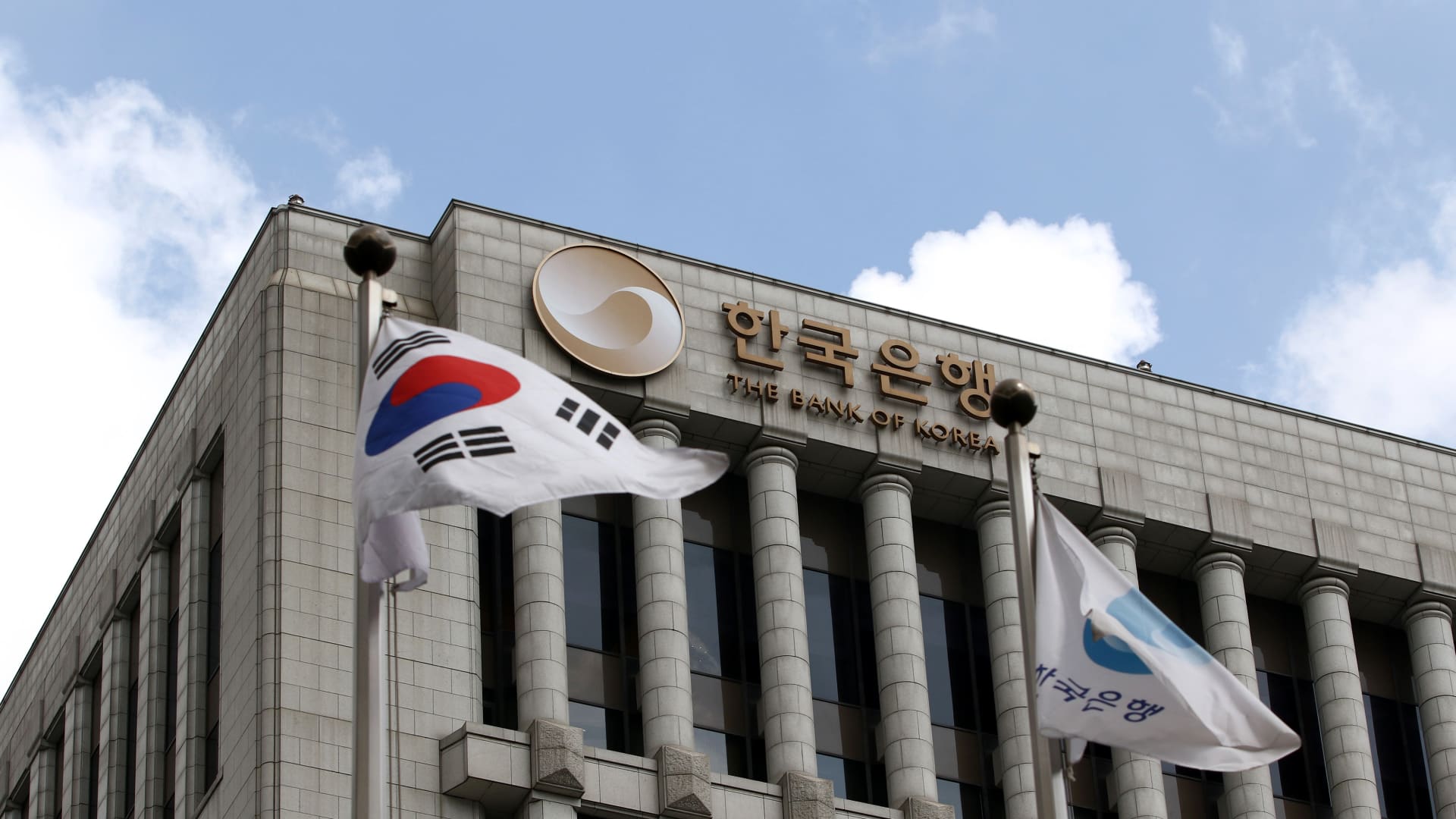South Korea Crypto Exchange Crackdown

The world of cryptocurrency is rapidly evolving, with innovative tools and shifting regulatory landscapes shaping its future. Recent developments highlight both the potential and the challenges within the crypto space, from the rise of AI-driven trading tools to tightening regulations on foreign exchanges.
One notable trend is the increasing adoption of AI in crypto trading. OKX trading bots, for example, have gained traction among traders, boasting over 840,000 global users and nearly $430 million in cumulative trading earnings. These AI-driven tools offer traders an edge in navigating the complex and often volatile crypto market. As the AI crypto trading bot industry continues to grow, traders are increasingly looking to these tools to optimize their strategies and enhance their profitability.
In South Korea, regulators are taking a firm stance on unregistered foreign crypto exchanges. The Korean Financial Intelligence Unit (FIU) has initiated a sanction process against several exchanges, including BitMEX, KuCoin, CoinW, Bitunix, and KCEX, for operating without official permits. Penalties could include barring access to their Korean websites, with the FIU collaborating with the Korea Communications Standards Commission to protect citizens from platforms lacking legal supervision. This move underscores South Korea's commitment to ensuring regulatory compliance within its crypto ecosystem.
Despite the crackdown on foreign crypto platforms, South Korea is also exploring the potential of central bank digital currencies (CBDCs). A CBDC pilot program is slated to begin in April 2025, involving approximately 100,000 participants. The pilot will allow individuals to conduct transactions at approved stores, convert bank balances into digital tokens, and test a real-time payment settlement system. This initiative reflects South Korea's ambition to remain at the forefront of digital currency innovation, joining other nations in exploring the possibilities of CBDCs.
However, not all cryptocurrencies are viewed favorably by South Korean authorities. The Bank of Korea (BoK) has expressed reservations about Bitcoin, citing its price volatility as a barrier to its inclusion in the nation's foreign exchange reserves. The BoK's stance aligns with the International Monetary Fund (IMF) standards. This perspective contrasts with earlier suggestions from some national officials and financial experts who advocated for adding Bitcoin to the national reserve and issuing a won-backed stablecoin to bolster the country's position in the global digital economy. The differing opinions highlight the ongoing debate within South Korea regarding the role of Bitcoin in its national policy.
Overall, South Korea's approach to cryptocurrency reflects a complex balancing act between regulation and innovation. While authorities are vigilant in cracking down on unregistered foreign exchanges to protect citizens, they are also actively exploring the potential of CBDCs and engaging in discussions about the role of Bitcoin. This multifaceted approach underscores the challenges and opportunities that governments face as they navigate the rapidly evolving crypto landscape.
(Disclaimer: This article is for informational purposes only and not investment advice.)










